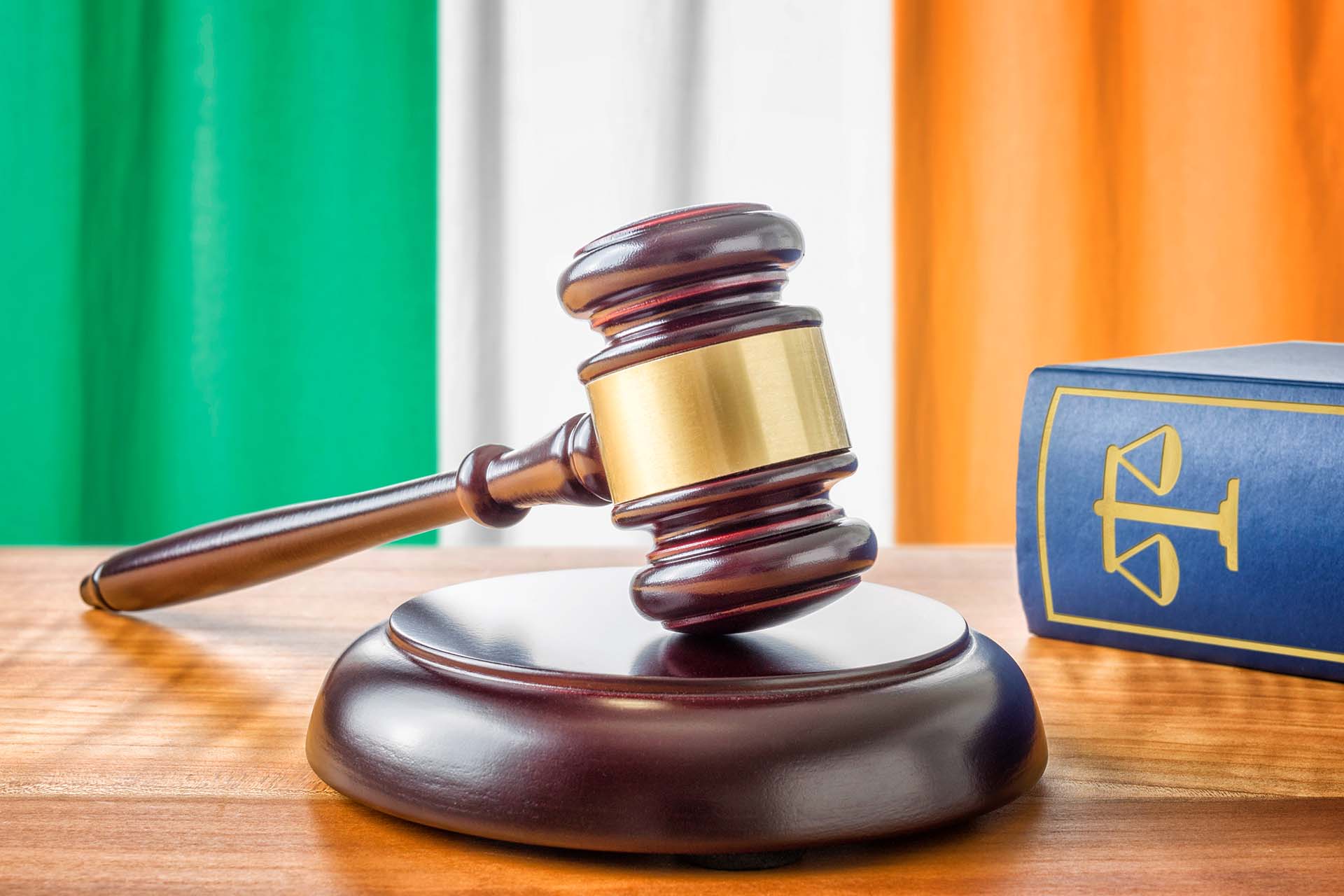In recent years, the vaping industry has witnessed a whirlwind of regulatory changes across the globe. Governments are increasingly scrutinising vape products, especially concerning their appeal to younger audiences and environmental impact. These evolving regulations pose significant challenges—and opportunities—for vape brand owners seeking sustainable growth in this dynamic market.
Upcoming Changes to Vape Regulations in the UK
The UK has been at the forefront of vaping policy, often serving as a bellwether for other countries. However, even as it recognises the role of E-cigarettes in smoking cessation, the UK government is moving towards stricter control over vaping products. The focus is on reducing youth access and ensuring product safety. However, there is much uncertainty around these upcoming changes as no clear decisions have been made on most of the potential changes.
Currently, we’re aware of the proposed disposable vapes ban, though the specifics again around this have not yet been disclosed. Similarly, the proposed vaping bill would target advertising, placement of products in store, plain packaging and even a potential ban on some flavours. Ireland will be taking these a little further.
Ireland’s Further Restrictions
Ireland is taking a decisive step by proposing a complete ban on the sale, manufacture and import of single-use or disposable vape products. For vape brands, this means an urgent need to pivot towards sustainable and reusable alternatives.
Additionally, Ireland plans to implement a ban on a range of flavours, limiting consumer choices to those that do not entice younger demographics. This regulatory shift aims to curb youth vaping rates, compelling brands to re-evaluate their flavour offerings and marketing strategies.
Restricting nicotine-inhaling products to tobacco flavours only is a likely avenue though not an ideal one. The Irish government have added that provisions can be made to update the list of permitted flavours as new evidence arises. Evidence that already, many argue, already exists. The change in regulations will also impact all flavour descriptors and language, banning those beyond basic flavour names.
Restrictions on point-of-sale (POS) advertising are also part of Ireland’s regulatory overhaul. These ads will be prohibited except in specialised vape-only stores, significantly limiting retail marketing opportunities. Vape brands must therefore explore innovative ways to engage consumers through digital marketing and in-store experiences.
Perhaps the most impactful change is the forthcoming major tax increase on vape products scheduled for 2025. Ireland intends to introduce a vape tax of 50c per ml of e-liquid, which could potentially double the prices of these products. This increase poses a substantial challenge for budget-conscious consumers and brands alike, necessitating strategic pricing and value propositions.
Conclusion
In light of these regulatory shifts, staying informed and compliant is not just a necessity but a competitive advantage for vape brand owners. Xyfil, with its expert compliance team, is committed to guiding businesses through this complex landscape. By partnering with Xyfil, brands can access up-to-date regulatory insights, ensuring they remain ahead of the curve.
The dynamic nature of vape regulations requires proactive adaptation. Whether it’s exploring sustainable product lines, refining marketing approaches, or adjusting pricing strategies, informed decision-making will be key to thriving in this evolving market.
For brands seeking to maintain compliance and competitiveness, engaging with a knowledgeable partner like Xyfil can make all the difference. Stay connected, stay informed, and stay ahead in the vaping industry.

